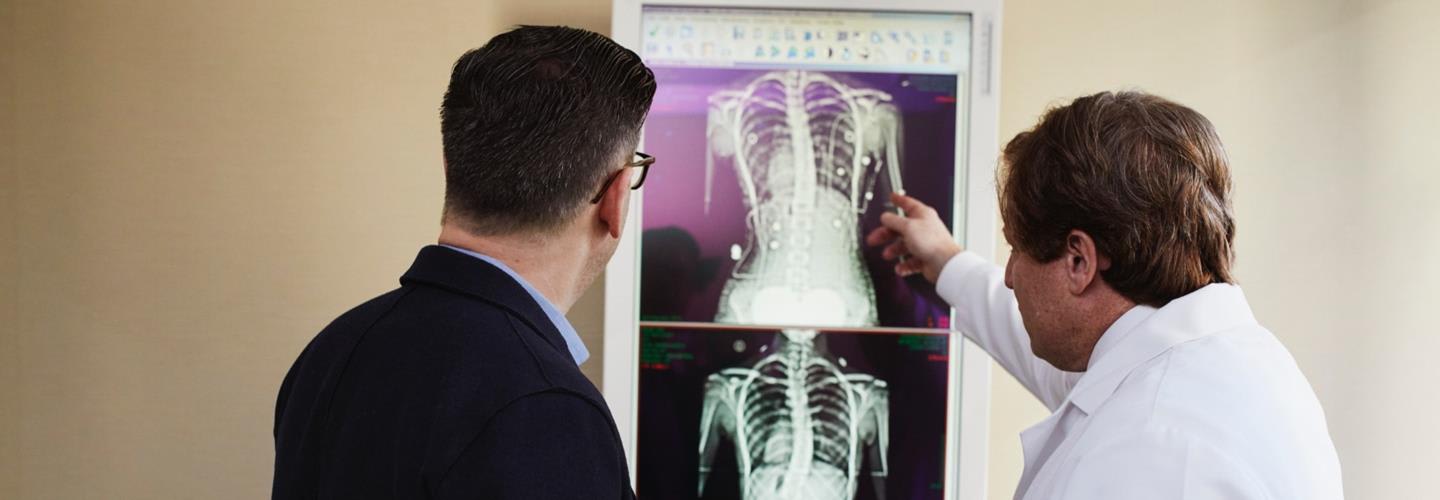Frontline or community caregivers are healthcare workers who provide routine and essential services in medical practice. These individuals often serve as the initial point of contact and/or ongoing peer support for patients and caregivers throughout their health care experience.
Why is sharing data with community caregivers so critical?
Having access to community health workers means patients with chronic conditions like diabetes, significantly improve their condition due to regular health coaching and having better access to care teams.
Community caregivers play a critical role in providing a local context for proven health solutions, and they connect families and communities in the health system.
Sharing data with caregivers can impact a patient’s health
By sharing hospital patient data with community caregivers automatically, they can make timely and valuable decisions that directly impact a patients’ health after hospital discharge.
Sharing data with caregivers can help them optimise treatments, initiate preventative measures and prevent patients from having to repeat their stories at each point in the care continuum.
But the challenge isn’t just heaping more data on caregivers, it is embedding data in their workflow in a meaningful way.
Let’s explore a few ways sharing data with community caregivers can help impact a patient’s health.
Timely medication reconciliation can reduce patient hospital readmissions
An example of timely and valuable information sharing is medication reconciliation after patients leave the hospital.
Since medication problems contribute enormously to patient readmissions to hospital, having timely information to those responsible (pharmacist, physician, nurse) for medication reconciliation means that caregivers can discontinue medications and advise patients what needs to be taken and when.
Timely interventions can reduce hospital readmission rates
When patients are discharged and go back into the community, they often need more attention to reduce hospital readmission rates. This is achieved by connecting caregivers with technology and making sure the patients are well supervised by healthcare professionals.
For instance, when a hospital discharges a patient, the hospital discharge record should be pushed out to the community caregiver responsible for that patient’s health. Access to the hospital discharge record will enable the caregiver to assess the patient’s clinical experience in hospital and initiate preventative measures or interventions to reduce the risk of hospital readmission.
For instance, issues such as whether the patient is at risk of falls, and needs a walker or a physio, can be flagged and the community nurse can initiate preventative measures.
High-quality healthcare for patients in the community
By pushing the Integrated Assessment Record (IAR) to community healthcare professionals, it enables collaborative care planning and enhanced communication between providers, for the goal of promoting high-quality care for patients in the community.
How can Orion Health help?
Orion Health specialises in pulling together information from many disparate systems to create more useful sources of information.
Orion Health has experience implementing technology like this globally, such as Northern Ireland, Canterbury and Canada. With active projects in Newfoundland and Labrador, New Brunswick and in Ontario.
Integrated care, interoperability and centralising health data are key to unlocking the potential benefits of a streamlined and coordinated health system.
If you are interested in knowing more about how Orion Health can implement technology to help you better share data, reach out to one of our experts.
 The Importance of Proper Reporting">
The Importance of Proper Reporting">
 Shared Electronic Health Records Can Help Save Lives">
Shared Electronic Health Records Can Help Save Lives">
 Remote Patient Monitoring Makes Gestational Diabetes Manageable">
Remote Patient Monitoring Makes Gestational Diabetes Manageable">
